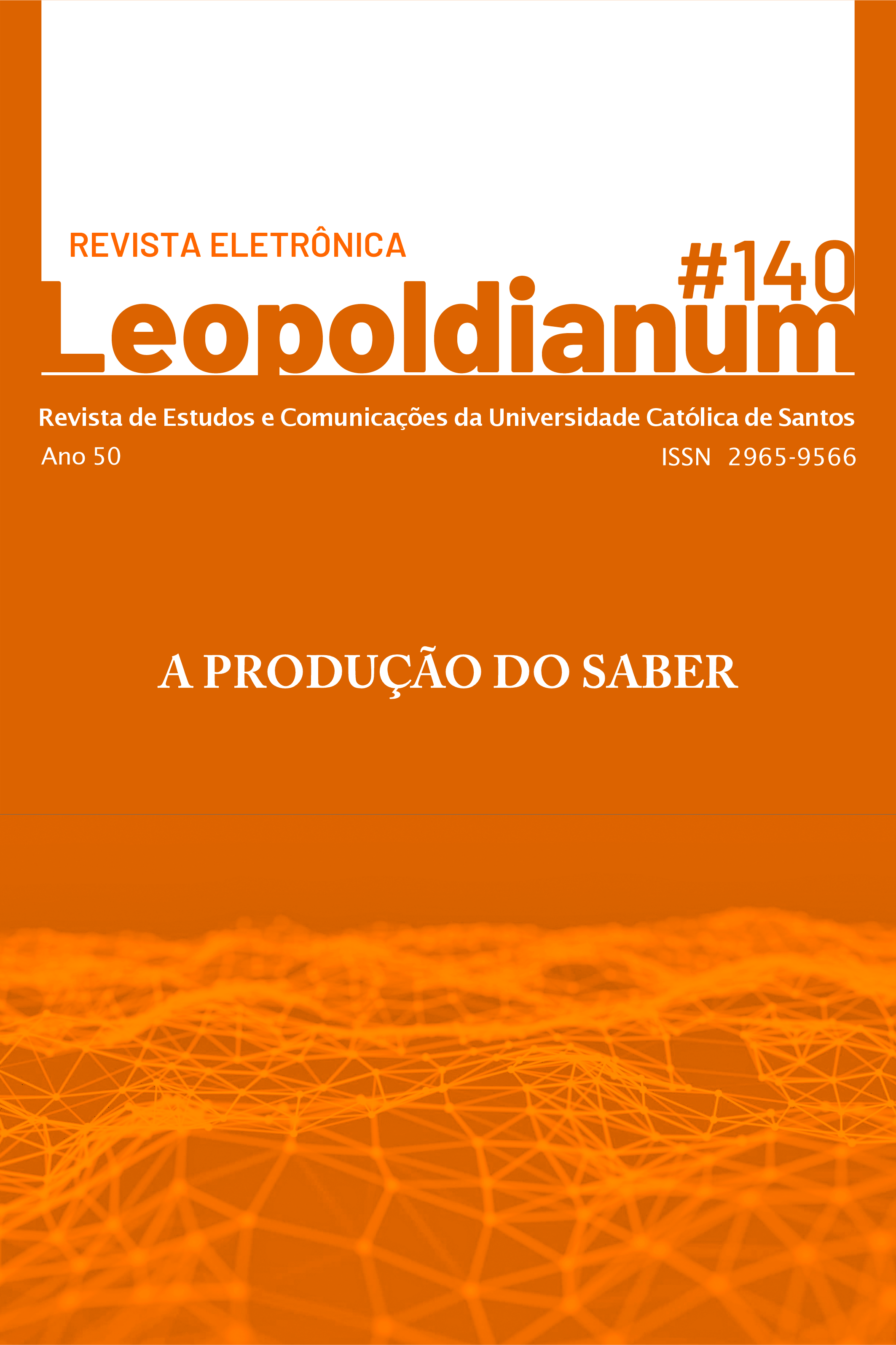INTERNATIONAL TRAFFICKING OF BRAZILIAN FOSSILS: PALEONTOLOGICAL REGULATORY FRAMEWORK
DOI:
https://doi.org/10.58422/releo2024.e1542Abstract
This article aims to provide a general overview of current national legislation related to international trafficking in Brazilian fossils, as well as to carry out a critical various national and international pieces of legislation concerning paleopiracy is used. The effectiveness of the legislation was also analyzed from the perspective of the principle of prohibition of deficient protection - Untermassverbot - (already used by the Federal Supreme Court in some similar situations). The research results indicate that Brazil lacks specific legislation, capable of curbing fossil trafficking, with the provision of more significant penalties, and of better organizing, at the administrative level, the bodies with competence to protect these natural assets, providing give them more instruments to combat paleopiracy. It is concluded that, until there is more efficient legislation, various situations of impunity and even unconstitutionality will continue to be generated, as legislative inertia violates the principle of Untermassverbot.
Downloads
Published
Issue
Section
License

This work is licensed under a Creative Commons Attribution 4.0 International License.
A Revista Eletrônica Leopoldianum - Revista de Estudos e Comunicações da Universidade Católica de Santos (ISSN: 2965-9566) é detentora dos direitos autorais de todos os artigos publicados por ela. A reprodução total dos textos em outras publicações, ou para qualquer outro fim, por quaisquer meios, requer autorização por escrito do editor. Reproduções parciais de artigos (resumo, abstract, mais de 500 palavras de texto, tabelas, figuras e outras ilustrações) deverão ter permissão por escrito do editor e dos autores.












